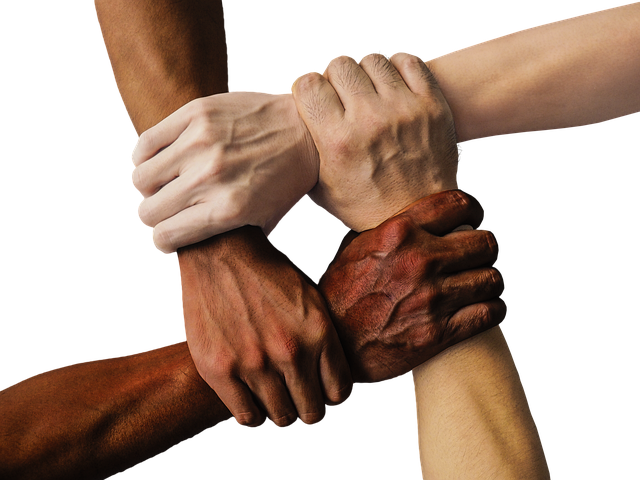
First Things First
Peer pressure frequently evokes negative ideas of teenagers giving in to harmful habits or making bad decisions because of peer pressure. Beyond this cliché, though, comes a more complex reality: peer pressure can also be a constructive factor, pushing people toward success, personal development, and progress. While it’s critical to identify and deal with peer pressure’s negative effects, it’s also critical to appreciate some of its positive elements.

- Inspiration and Motivation: Encouraging peer pressure is a potent motivator. People get inspired to aim for comparable success when they witness their friends succeeding in a variety of spheres of life, such as athletics, academics, or personal growth. People can be inspired by knowing that their peers are holding themselves to high standards.
- Social Support and Connection: Peer pressure can take the form of encouragement and support, as well as coercion or manipulation. People experience camaraderie and a sense of belonging in a helpful peer group. When faced with obstacles or failures, they can lean on their peers for direction, inspiration, and consolation. People who have a strong sense of community are more resilient and can handle challenging circumstances better.
- Learning and Skill Development: Peer groups offer excellent chances for both learning and developing skills. People can benefit from one another’s knowledge, experience, and viewpoints through cooperative initiatives, group conversations, and shared experiences. Peer pressure to perform well in school or on the job can motivate people to keep learning new things, hone their abilities, and pursue continual growth.

- Behavioral Modeling: Because we are social beings by nature, humans frequently observe other people for behavioral indications. People can be influenced by positive peer pressure to adopt positive attitudes, actions, and habits. For instance, observing others value physical activity, a balanced diet, or environmental preservation can inspire others to do the same. People are more likely to model themselves after positive ideals and actions when they are surrounded by peers who exhibit them.
- Personal Development and Growth: Peer pressure forces people to face their shortcomings, get past problems, and transform into their best selves. Peer criticism that is constructive can inspire introspection and personal development. Peer pressure can promote resilience and flexibility, which are necessary traits for success, by encouraging people to leave their comfort zone, seize new opportunities, or face their concerns.
- Peer pressure is a key factor in the integration of cultures and societies, especially in multicultural areas. Peer pressure encourages inclusivity and a sense of community by pushing people to accept cultural customs, celebrate variety, and appreciate differing viewpoints. People develop empathy and cultural competency, as well as a wider perspective of the world, through interactions with peers from different backgrounds and shared experiences.

7. Prevention of Negative Actions: Positive peer pressure can also serve as a deterrent for risky or dangerous behavior. People are less likely to fall victim to negative influences when peers uphold norms and discourage bad behaviors like substance abuse, bullying, and delinquency. Peer accountability can create a supportive environment in which people feel empowered to take responsibility for their actions and resist unfavorable peer pressure.





Hi friend.
To help us continue writing quality content for you on this website, please do the following:
1. Read the article and leave a comment.
2. Share the article on social media for your friends to benefit.
3. If you find it convenient, click on the advertisements that appear on the website. This will help generate revenue for this site.